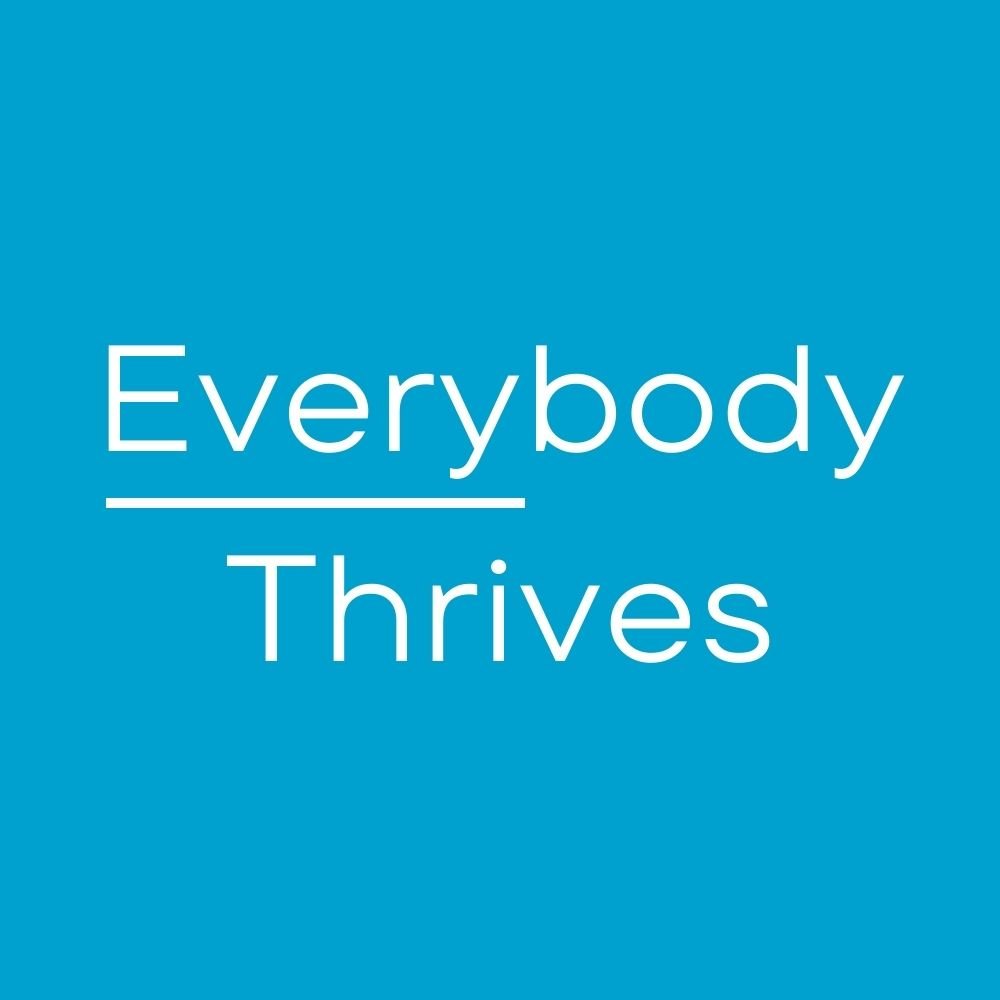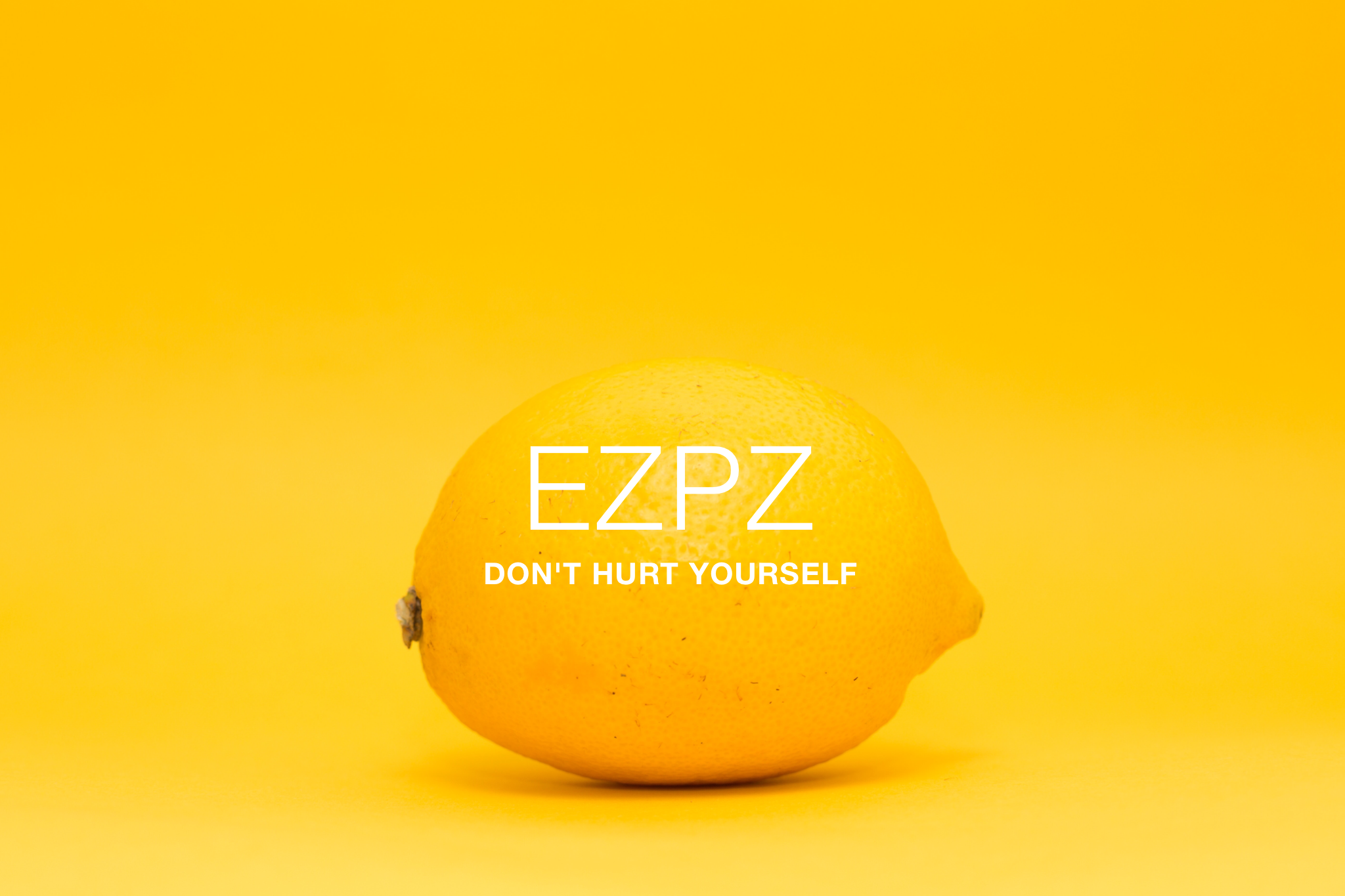Sticks and stones will break my bones, but words will never hurt me.
What a stupid saying! In the history of dumb sayings it's right up there with "If you're not first, you're last." While I can support the notion of nobly ignoring insults and not responding in kind or escalating, this statement is grossly misleading. Though not readily apparent, words can hurt you in various ways.
1. The Pinky and the Brain Effect
Do you believe that how your parents, teachers or coaches treat you can impact your performance? Do you believe that how they treat you is affected by their expectations? And finally, would you believe that a SINGLE word used to label you, regardless of accuracy, can set off a chain reaction that impacts you for the better of worse?
Imagine you take a group of ordinary, white lab rats and divide them into two groups of roughly equal intelligence. With a white lie you tell one group of students that their rats are "maze dull" and the other that theirs are "maze bright." Think "Pinky and the Brain." You have the students run their rats through a maze. The results show the "bright" rats learned the mazes more quickly than the "dull" ones. How is this possible? Researchers Rosenthal and Fode (1963) theorized that the students had influenced the performance of their rats in unconscious ways, based on what they had been told. Perhaps they treated them more carefully or provided subtle cues that helped with the task. But let's move past lab rats. What about people?
Imagine you take a group of students and randomly select a few. You're on a roll and can't stop lying, so you tell their teachers that these few students are "extremely bright." You record the class. A careful review of the video reveals that teachers favored the "extremely bright" students in many subtle ways. The study by Chaiken, Sigler, and Derlega (1974) showed more frequent smiles, more eye contact, and more favorable reactions to these students' comments.
The words used to label you can affect people's expectations of you. And like it or not, those expectations can affect how they treat you in subtle, sometimes unconscious ways. When the label is a positive one, it can result in a virtuous cycle where encouragement breeds success, which breeds more encouragement. And when the label is negative, it can lead to a downward spiral where discouraging or even sabotaging behaviors engender poor performance. I don't think this necessarily seals your fate, but if it was me, I'd rather be called "maze bright." Wouldn't you?
2. Who Stole My Mojo?
Do you believe that words only have mental or emotional impacts and don't affect your body? To test this, try a simple experiment. You'll need a buddy for this. While both standing, assume the standard handshake position. Now relax, but concentrate on keeping your arm in the same position. After a few moments, have your partner make one or two attempts to move your arm up or down from its current position. Nothing too sudden or vigorous, but they should be sincerely trying. Feeling strong?
Next, have your partner say awful (pre-approved) words to you at the exact moment they again attempt to move your arm. "Loser...idiot...worthless!" Finally, have your partner repeat the process using kind and complimentary words instead.
How did the words affect your body in the different scenarios? You may notice that the hurtful words weaken your resolve just enough to have an impact, while the kind words do not. Cruel and unkind words can steal your mojo and affect your body in subtle ways that you might not ordinarily notice. When the stakes are high and you have to perform at your best, the difference between disaster and success can be slim. The words you hear from those around you can either provide extra strength or weaken you. And we're not even talking about the words we use to describe ourselves. That's a topic for a different post.
Takeaways
So if words can hurt our performance and weaken our bodies, what is the takeaway from this?
Mind your words.
I'm not talking about political correctness. I'm talking about recognizing and respecting the power and influence of your words on others. Start by being more aware of how you use words. Exercise precision in how you communicate and resist the temptation to repeat like a robot what you've heard before.
I made a terrible mistake the other day that illustrates what not to do. My son did something and I became terribly upset. In a less than glorious "Dad of the Year" moment, I overreacted and barked, "WHAT'S WRONG WITH YOU?!"
When I saw the look on his face I immediately regretted it. He didn't say it, but his expression was filled with a mixture of defiant "There's nothing wrong with me" and terrified "Oh no, there's something wrong with me!" What made me even more ashamed was that I had carelessly reverted to the script from the movie, "Stupid sayings you heard as a child and repeat to your kids." I'd like to think in the future I'd catch myself and instead ask, "Why did you do that?" Or "I'm so angry you did that." But realistically, most responses are probably better than "What's wrong with you?!" In the grand scheme of things, aren't words and negative labels the real mechanism behind bullying?
So remember...
Sticks and stones will break my bones, but words will shape and haunt me.
Next post next Saturday, 6:30 a.m.




